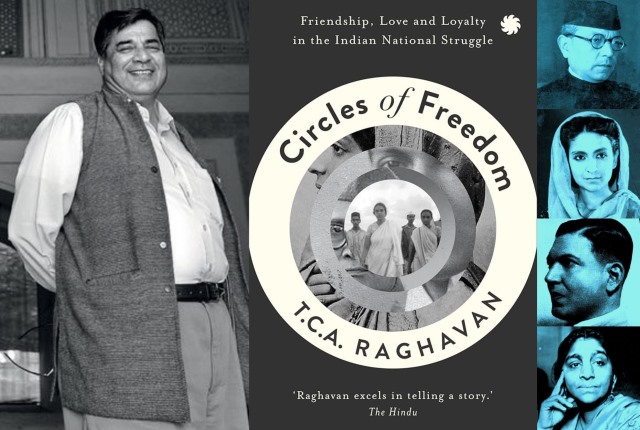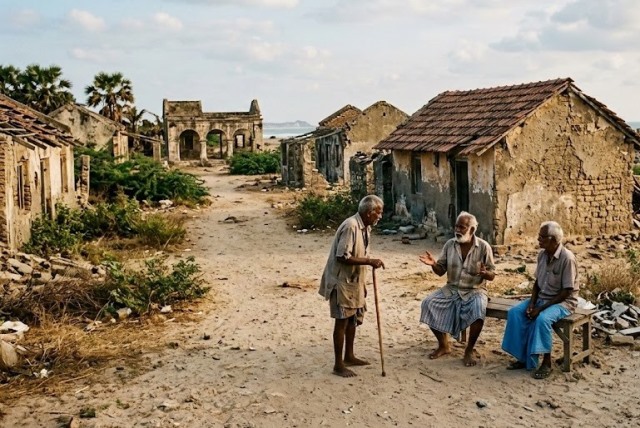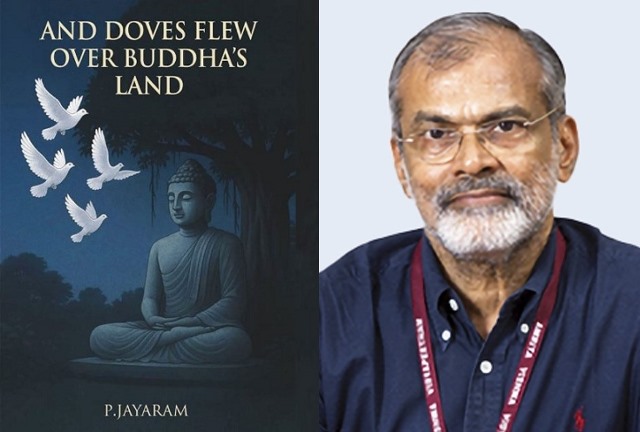
Curious Chronicles of Freedom
The most enduring theme that emerges from diplomat-turned-historian TCA Raghavan’s book on five erudite and committed freedom fighters of the last century is that Hindu-Muslim relations never got resolved. This led to India’s Partition and since then, even today, continues to circumscribe the relations, both within and among the nations that have emerged.
The principal characters within the Circles of Freedom – Asaf Ali and his wife Aruna, Syed Mahmud, Syud Hossain and Sarojini Naidu – battled to bridge the communal divide that carries a deep historical baggage. M K Gandhi admitted that it was the “problem of problems”. They worked hard and hoped to avoid the Partition, but failed. Also, their peers – Gandhi, the Nehrus (Motilal and Jawaharlal) Maulana Azad and many more – could not stop it. But eventually, everyone realised that there was no going back, whatever the outcome and the shape India’s freedom acquired.
There was no giving up even after Mohammed Ali Jinnah, who had closely worked with them for many years, parted ways to materialise his dream of a Muslim homeland. It also brings out the fact that the Jinnah-led movement for what became Pakistan was essentially elitist, with Nawabs, landlords and urban professionals, and never really touched the Muslim masses.
What worked, Raghavan records is the fact that when the Khilafat movement that brought the Hindus and the Muslims close lost popular appeal, the Muslim freedom fighters, including Jinnah, moved away. Congress that provided the umbrella, was the principal loser.
The Muslim League called ‘nationalist’ Muslim Congressmen ‘traitors’ and Azad came to be called a ‘Congress show-boy’. In this, the British provided more than a nudge by tilting towards a suited-booted Jinnah and against those led by the loin-cloth-clad Gandhi, “naked faqir” as derisively described by Winston Churchill, who hated India and Indians.
This book deals with “the predicament of a moderate Muslim in the national movement”. It was exacerbated with time and became one of the key factors in Hindu-Muslim ties as India hurtled towards Partition and beyond.
ALSO READ: A Diplomat’s Diary on Delhi-Dhaka Destiny
Raghavan essentially deals with the first half of the last century which saw India’s freedom movement, in between the two World Wars, becoming a mass struggle leading to independence. Along the way, it created a heap of history and those who helped shape it. The book seeks to salvage some of those otherwise lost under that heap, and largely lost to posterity.
He presents those who came from different parts of India, but certainly an elite English-speaking lot within the Congress party. Of the five, Sarojini Naidu, the poet and orator, was undoubtedly a front-ranker having worked with Gandhi, Nehru and Jinnah. Delhi lawyer Asaf Ali was a member of the Central Legislative Assembly. His marriage to Aruna, less than half his age – a marriage that was no infatuation, forms an important part of the Raghavan’s narrative in that Aruna, although a Gandhi-Nehru admirer, took to radical politics, hobnobbed with revolutionaries who did not subscribe to Gandhi’s prescription of non-violence.
He goes deep into Asaf-Aruna’s relationship. Their personal and political divergence forms a prominent and the most humane part of the book. He makes subtle but important interventions in places to emphasise why his characters acted the way they did. All this comes as a tight-paced narrative that is neither intrusive nor intimidating.
The book’s importance lies in providing the context of its Circle of Freedom. It is neither history – others have recorded it in great detail – nor a bunch of biographies strung together. All five worked along with a myriad of people in the freedom struggle. The narrative goes into what transpired during the imprisonment in Ahmednagar Fort during 1942-45, even as the World War raged outside, making for fascinating reading.
Raghavan’s well-researched study deals with characters who were India’s social elite – British-educated, but anti-British and committed to freedom. Their distinct and collective roles emerge through their correspondence, speeches, articles and books. Gandhi provided the change by involving the common masses. Its success at the Salt Satyagraha “which took the British by surprise” brought various factions within the Congress and those who had moved away, like C R Das and Ansari, to return, despite their reservations. This explains why Gandhi’s total emphasis on non-violence became the mainstream of India’s freedom movement.
Like others in the freedom movement, Raghavan’s players are exemplary humans but naturally, with flaws. Each had deep political preferences that often clashed even as they worked for freedom. Between Nehru and Azad on one side and Madan Mohan Malaviya and Govind Ballabh Pant, the foundation of the divide that has polarized India today was laid.
The course of the freedom movement also brought both camaraderie and a parting of ways. This was despite Asaf Ali finding Jinnah “a stickler for principles, transparently honourable and genial” and Sarojini was “already friends” with Jinnah and had an “enviably close friendship.”
The book refreshes our memory on how, post-Independence, Nehru found that many of his comrades, some equals and some seniors, like Jayaprakash Narayan (JP), C Rajagopalachari (Rajaji) and Ram Manohar Lohia parted ways with him. Already, Gandhi had been assassinated and Sardar Patel passed away. After Jinnah’s departure and his death within a few months, Nehru was virtually the lone titan who survived long years of ceaseless political activity, long periods of imprisonment and the trauma combined with the post-Partition violence, as he took up the difficult task of governance.
The independence and the partition changed the dynamics in India’s public life. Of the five principal actors, three exited the national scene soon. Nostalgic about the Nizam’s rule, Sarojini was at odds with the Sardar Patel-led operations in Hyderabad. Syud Hossain and Asaf Ali became ambassadors, feeling edged out and unable to find a place on return. She became the Governor of the most populous Uttar Pradesh. Syed Mahmud, a minister in the Nehru government for some years before retiring to Bihar, was unable to come to terms with the changed existence of the Muslim minority in free India. Aruna parted ways with Asaf and Congress, and formally joined the Communist Party. Her presence endures through her publications, Link and Patriot. The latter retains a modest presence in this digital era.
Perhaps unintentionally, the book brings out the contrast between those times and the present ones, between those who voluntarily gave up personal freedom and professional pursuits, even worldly comforts, to commit themselves to freedom that was nowhere in sight. They may or may not have been giants of their times, but would still shine against the present-day Lilliputians who dominate public life in India, Pakistan and elsewhere. This makes Raghavan’s scholarly effort truly worthwhile.
For more details visit us: https://lokmarg.com/



